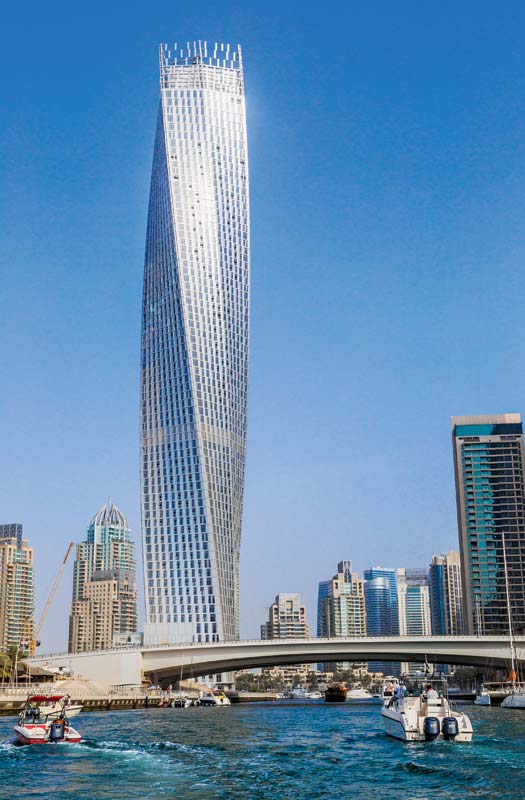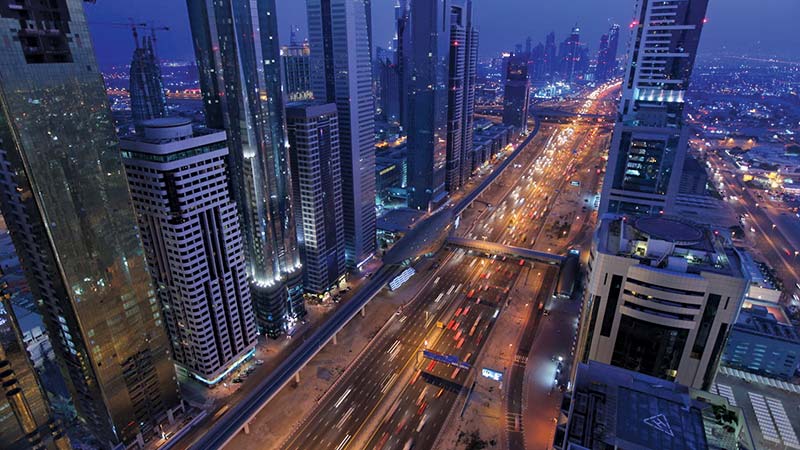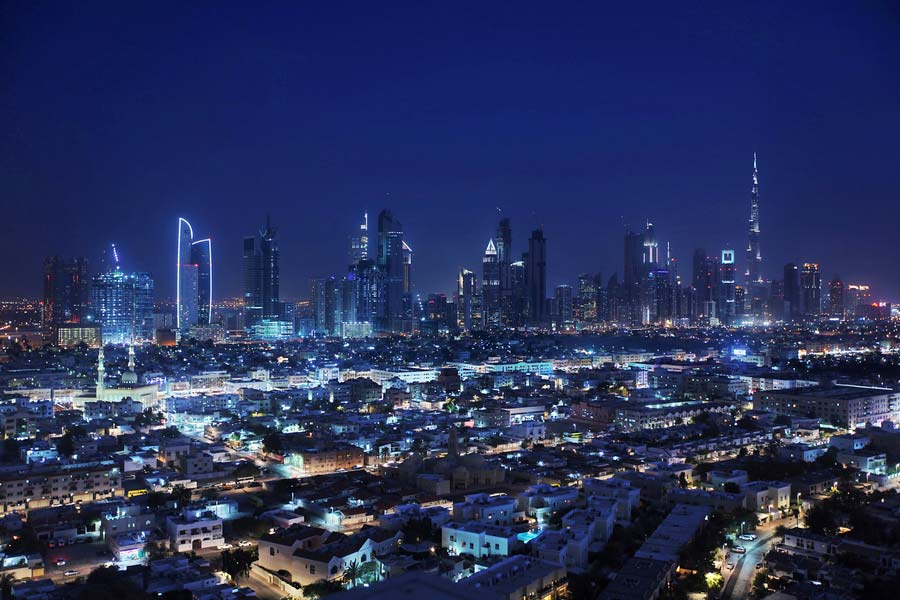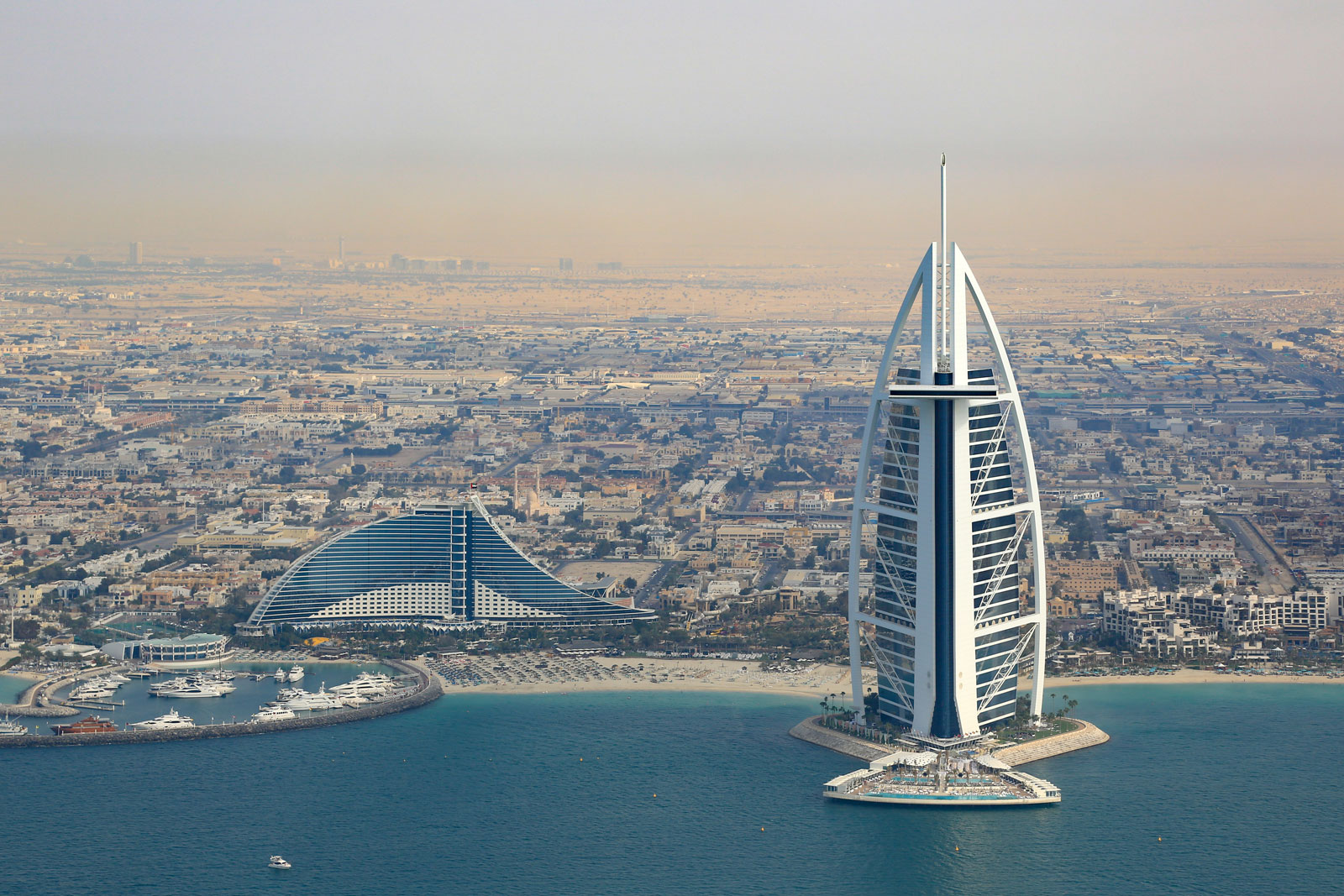Venue & Hospitality
City Highlights
About City
Dubai is a city of skyscrapers, ports, and beaches, where big business takes place alongside sun-seeking tourism. Because of its large expatriate population, it feels like a Middle Eastern melting pot, and the atmosphere is generally tolerant. Religious affiliations are not a prominent aspect of city life. From humble beginnings as a small fishing village first documented in the 18th century, the city grew rapidly as it became a major centre of the pearl-diving industry. With its business-savvy ruling family reducing taxes and welcoming foreign merchants, the city expanded further in the early 20th century and soon became a re-exporting hub for Persia and India. Benefiting from modest oil wealth in the latter half of the 20th century, Dubai continued to focus on trade and attracting investment, channelling oil surpluses into major infrastructure projects such as an international airport, dry docks, and a trade centre. In the 1990s the city began to diversify, building up its luxury tourism, real estate, and financial sectors. These all required skilled, educated foreign workers, and many moved to Dubai for its tax-free salaries and relatively stable politics. With expatriates coming from elsewhere in the Arab world as well as from Asia, Europe, and North America, the city took on a rather cosmopolitan air and was considered to have one of the most liberal societies in the region.
Venue




